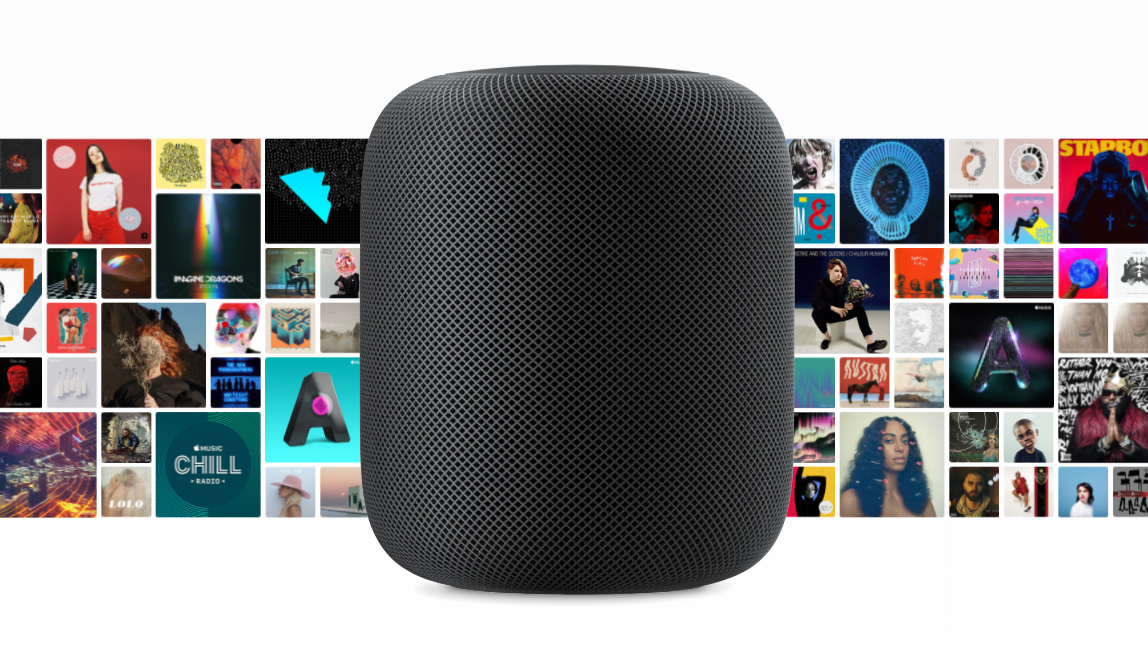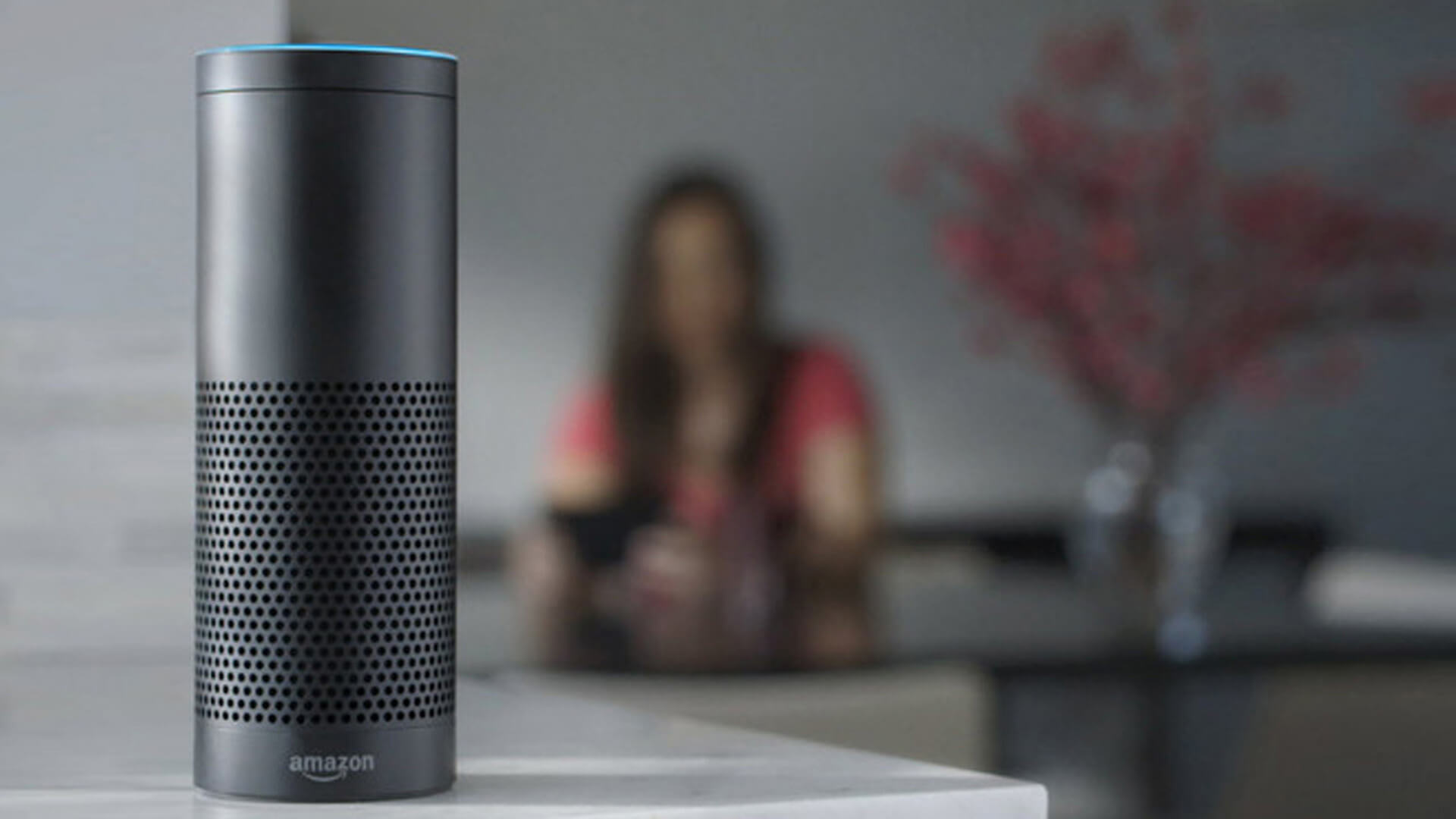Apple's HomePod should have been a soundbar and here's why
With some close Apple TV integration, HomePod could have been the true center of the home

The WWDC 2017 keynote has been and gone and with its grand finale HomePod announcement Apple has confirmed the rumors that it’s sticking its finger into yet another technological pie: smart speakers.
With its new HomePod speaker Apple has promised sound to rival Sonos and smarts to rival Amazon’s Echo, and that would be great were it not more expensive than both, not to mention much later to the market.
HomePod may well sound as good (or even better than) a Sonos speaker but it’s almost £60 more expensive than the Sonos Play:3.
Cost effective
Though Siri integration means HomePod will have the smart music personalisation functionalities Sonos doesn’t, it appears to lock you into the Apple Music ecosystem with no word yet on how well it will work with Spotify.
Siri also still isn’t as smart as Alexa or Google Home in terms of tapping into your various personal accounts and offering shopping and organisation functions tailored to you.
HomePod isn’t going to help you order your favorite detergent from Amazon when you run out.
To Apple’s credit, it has combined a Sonos speaker and an Amazon Echo for less than it’d cost to buy them both separately. But the venn diagram of consumers who want a smart speaker and consumers who want a good sound speaker isn't necessarily a circle, and for those who would rather have one or the other the price will probably seem much higher.
Sign up for breaking news, reviews, opinion, top tech deals, and more.

With HomePod, I worry that Apple has taken an approach too similar to the one it took with Apple TV; releasing a product in an already busy and competitive market space but with a more locked down ecosystem and higher price point to hold it back.
It doesn’t seem coincidental that Apple planted the tvOS update at the start of its keynote presentation; the Apple TV isn’t performing nearly as well as Apple had planned. You got the sense that Apple was sweeping its problematic and struggling child out of the way after an obligatory introduction before showing off its older and more successful siblings.
It’s not the TV revolution we were promised and, if anything, the addition of Amazon Prime Video is an embarrassing admission of its lack of content rather than a victory for Apple.

TV tantrums
At the very least the thawing of the relationship between Amazon and Apple indicates that Apple is preparing the content it’ll need to justify a 4K version of the device on the horizon, which would finally bring it up to speed with pretty much every other TV streaming device already on the market.
But with HomePod Apple has potentially made life even harder for its TV device by including remote HomeKit control, something that was previously exclusive to the Apple TV.
Something I hoped to see (though I knew it was a long shot) was a device that combined the functions of HomePod and Apple TV to become the absolute center of your home. It could have been called TVPod, HomeTV – heck it could have just been called Apple Home.
In my head, Apple Home was essentially an Apple TV kitted out with microphones and a speaker. A smart soundbar with TV streaming to boot that could not only take on the Amazon Echo, but also had a good shot at taking on the upcoming screen-equipped Amazon Echo Show.
Apple TV and HomePod already have extremely similar smart assistant and smart home functions, it’s just their primary outputs that are different with Apple TV being the draw for those interested in visuals and HomePod appealing to those that buy into audio.

A match made in Heaven
Thing is, most of us are interested in consuming audio and visual in our homes.
Had Apple managed to combine the functions of Apple TV and HomePod it would have managed to create a smart home device that had the unique selling point of uniting TV, music, smart assistant and smart home in one convenient place. And with the HomePod's spatial awareness abilities, placing the device near a TV wouldn’t be nearly as big a problem in terms of impacting sound as it could be.
I understand such a device would have been much more challenging to develop than I’m probably giving credit for here, but if anyone could have done it I genuinely believe it could have been Apple. The smart assistant capabilities would have been just as strong and I'm sure many would have taken some small sacrifices in terms of sound to have the added benefit of TV streaming.
The Apple TV would have been boosted by not requiring a remote to talk to Siri and the HomePod may have been able to more effectively justify its high price point (or even a slightly higher price point) by offering TV streaming functionality that no other smart speaker does.
Instead, we’re left with the feeling that Apple is allowing the Apple TV to gather dust in the garage while it lavishes attention on its new home project.

Emma Boyle is TechRadar’s ex-Gaming Editor, and is now a content developer and freelance journalist. She has written for magazines and websites including T3, Stuff and The Independent. Emma currently works as a Content Developer in Edinburgh.